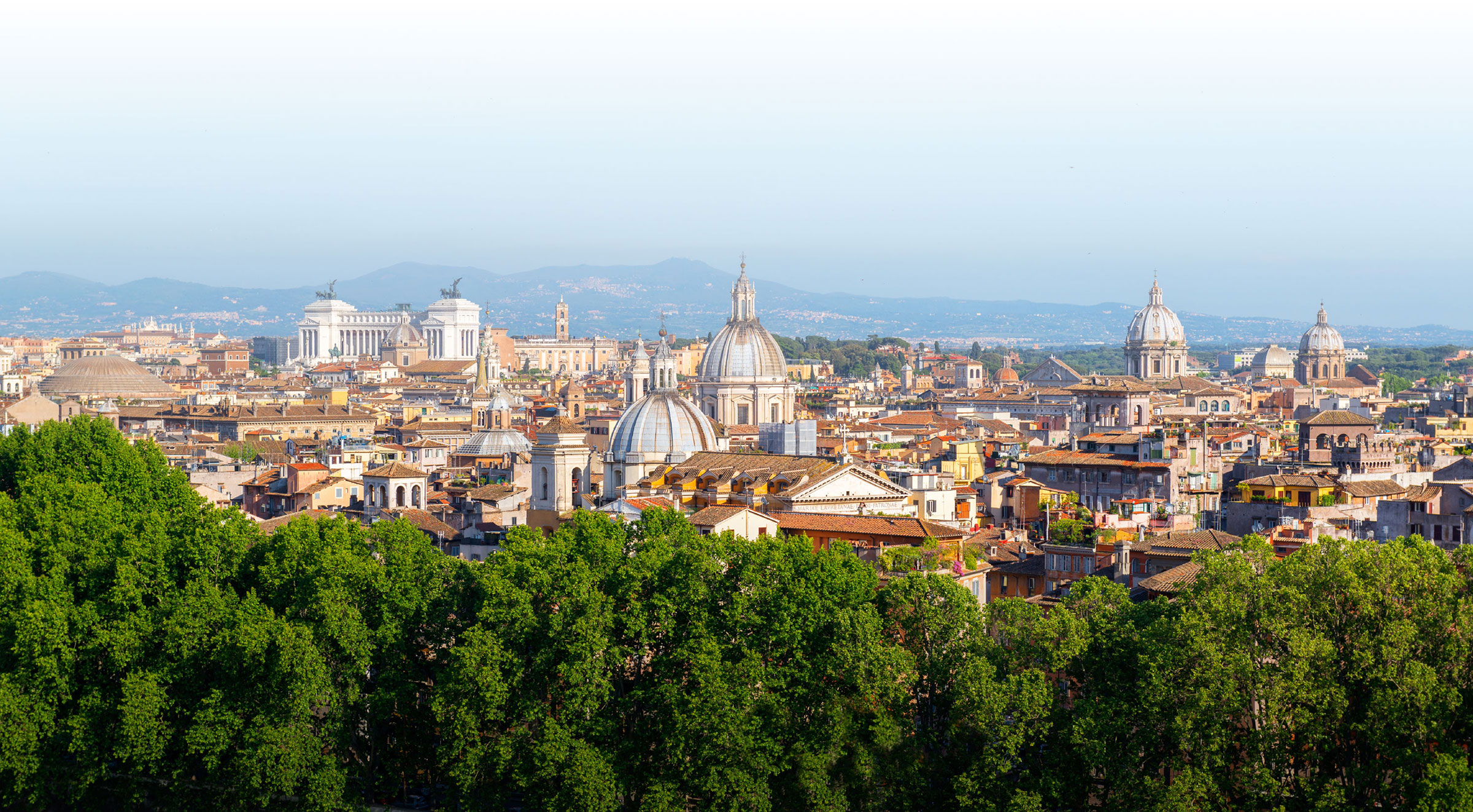American Revolution Course No. 8514
November 16, 2015 | By William Glasgow
Has there ever been a more unlikely war than the Revolution that won America its independence?
Why did those 13 colonies, with nothing resembling a unified and trained army and with no navy to speak of, believe they could defeat the most powerful nation on the planet?
And why was Britain, no matter how powerful, confident that it could prevail, even though burdened with a 3,000-mile supply line for troops and provisions, a “circuit of command” for time-critical orders that could consume three months or more, and the constant need to divert its forces, whether to protect against slave uprisings in the Caribbean or against the looming threat of the French on both sides of the Atlantic?
Considerations like these are indicative of just how unlikely this conflict was, Professor Allen C. Guelzo notes in his gripping new course The American Revolution. And they are far from the only ones.
Why did the British fight the way they did, “served up by seemingly unthinking generals in solid rows of walking targets while the Americans crouched Indian-style behind rocks and trees”? Why did the Americans end up fighting this same way?
Why did George Washington, in an uncharacteristically fractious move, lash out angrily at his troops, labeling them misfits and mutineers?
What moved King George III, even after Cornwallis had surrendered at Yorktown, to ask his secretary of state for America to put on paper the “mode which seems most feasible for conducting the war,” clinging to a belief that the Americans might yet be subdued?
And, finally, who really deserves the credit for defeating the British army?
Was it the Continentals, gamely overcoming all odds? Was it the French, entering on the American side not purely out of friendship but also as a first step in converting Britain’s colonies into their own? Or was it perhaps both of these factors-along with weather, terrain, timing, and sheer luck? Above all, why was the American Revolution really won not in America at all, but in the Caribbean?
As Professor Guelzo explains the answers to these and many other questions, you find yourself gaining a fresh understanding of the factors that made America’s victory possible.
You see how issues such as logistics and the human factor can influence strategy, tactics, and the course of battle. Or how happenstance can prove even more important than either of those key factors. And you gain an appreciation of how opposing sides can experience completely different perceptions of the same conflict-with key decisions influenced by those differing perceptions.
Beginning with a clear presentation of what Jefferson referred to in the Declaration of Independence as “the causes which impel [the Colonies] to the separation,” Professor Guelzo presents a startlingly vivid narrative about the war for independence.
Although built on a solid foundation of the principles and politics underlying the conflict, The American Revolution is primarily about what Professor Guelzo calls the conflict’s “actual mechanics as a Revolution-an armed uprising against the most dominant military power in the world.”
Explore at: http://www.thegreatcourses.com/courses/american-revolution.html








